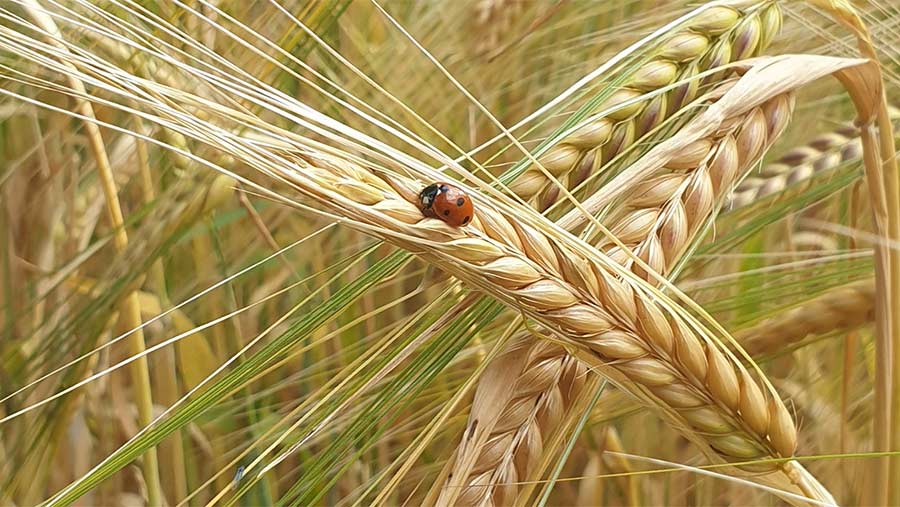Growers to benefit from free IPM tool for SFI option
 © Adas
© Adas With Integrated Pest Management (IPM) planning now a paid action under the Sustainable Farming Incentive (SFI), a group of organisations has launched a free IPM Planning Tool to help farmers create crop-specific plans.
Developed by Adas, the NFU, Scotland’s Rural College (SRUC) and the Voluntary Initiative (VI), it offers easy access to information about methods available to control relevant pests, weeds and diseases.
The methods recommended by the tool have previously been tested and proven to be effective, with research reviews undertaken by experts from Adas and SRUC.
Project lead and Adas technical director for crop protection Dr Neil Paveley says thousands of farmers have created plans for Red Tractor using the VI IPM Plan, and Adas has worked closely with the NFU and VI to provide this alternative, more crop-specific, IPM tool.
See also: Harvest 2023: Potato yields hit by dry early summer
With farmers now actively encouraged to implement IPM, this tool gives those who are completely new to the idea practical support to get started. And, for the majority of farmers who are already practising IPM to some degree, the tool could open doors to alternative techniques that may be more effective or better suit their farm.
Extensive development and testing of the IPM Planning Tool was conducted with more than 100 farmers and agronomists as part of a Defra test and trial led by the NFU. Creating an IPM plan through the tool typically takes an hour.
For agronomists, the tool allows IPM plans to be completed for multiple farms that can be easily updated each year.
Neil added: “The IPM tool is based on many years of research and practical experience, and there is a huge amount of information available if growers want to go deeper into a topic, with links to guidance provided by AHDB, the Processors and Growers Research Organisation and the British Beet Research Organisation, and other independent organisations.”
The IPM Planning tool is now freely available via the NFU website and growers are invited to provide feedback so the developers can continue to improve the tool.
